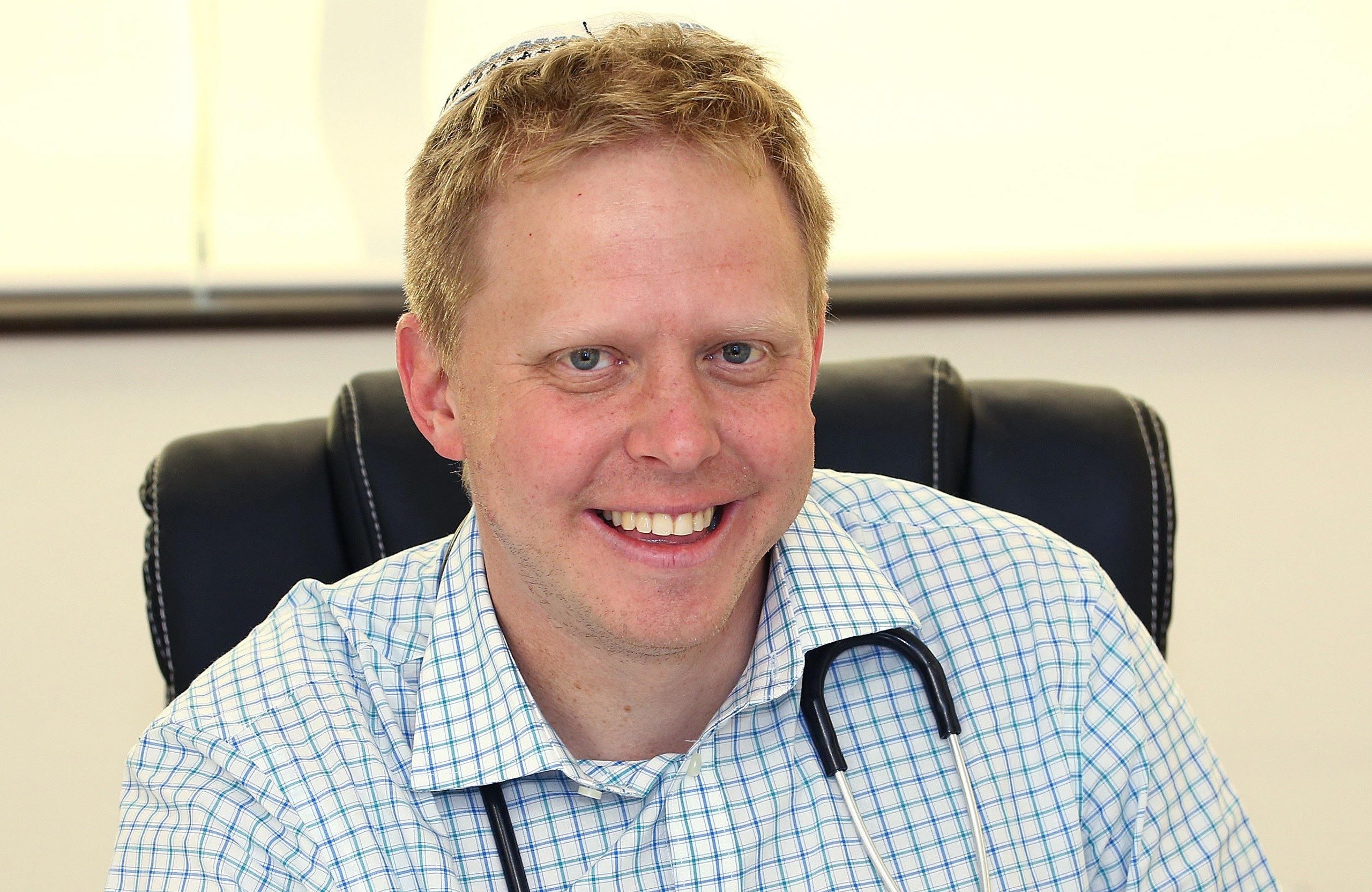click to dowload our latest edition
CLICK HERE TO SUBSCRIBE TO OUR NEWSLETTER


Published
4 years agoon
By
adminDR DANIEL ISRAEL
But these neuroses that play games with our minds as clinicians aren’t unfounded. Given the awesome responsibility of keeping the public well and identifying and treating those who aren’t well, we would rather err on the side of paranoia than laxness when it comes to infection control.
I’m a strong believer in evidence-based medicine, which relies on the premise of shaping our treatment by what has been proven to work – in controlled studies ideally. However, in the context of COVID-19, there are no long-term controlled studies. We are forced into the space of relying on logic, expert advice, and sometimes even intuition to govern some of our medical decisions.
Lack of experience in dealing with the unfamiliar is just one of the anxieties that plague doctors during this pandemic. Some of the anxieties that – just occasionally – keep me up at night are: ensuring that my staff are well protected against the rising cases in our community; efficiently maintaining the flow of WhatsApp messages and calls to support patients’ mental health, while trying to maintain financial stability; and most recently, ensuring that I care for my COVID-19-positive patients in their acute phase of being sick at home without seeing them!
What internal tools are GPs drawing on to make sure that our community is cared for? I believe the most important is to be level headed. As expected, winter has posed the challenge of differentiating the snotty nose from the COVID-19-positive mildly symptomatic case. Every day, I’m faced with the challenge of deciding who should be tested, who should stay home, and who is fit to go about their normal routine. If GPs were to lockdown every patient with a query, we would soon have a non-functional society (given how many queries are manifestations of justified anxiety).
The key skill here is to implement protective quarantine measures in cases where any real doubt exists, and then to adopt a short waiting period to ascertain whether the patient needs a test. Tests are available, but limited. I consider it a personal responsibility to use them well. Our practice has successfully identified and traced many cases with this approach.
The second tool my colleagues and I draw on is good clinical judgement. Even the most optimistic projections for COVID-19 in Gauteng are that there simply won’t be enough hospital beds to admit everyone. But the key point to understand is that the vast majority of patients don’t need admission.
An observational study of 16 749 patients in 166 hospitals in the United Kingdom between February and April 2020 showed that 33% of hospitalised COVID-19 patients died in hospital. This doesn’t confer causality – it doesn’t mean that if you are admitted for COVID-19 you will die. But it certainly underlines the point that hospital is reserved for those who really need it.
My role as a doctor treating COVID-19 outpatients is to monitor active patients regularly to ensure that they are coping and convalescing physically and emotionally. I do draw on the guidelines of oxygen saturation at home, pulse rate, temperature, effort tolerance, and the state of mind of these patients.
But ultimately, good clinical judgement is the tool GPs need to decide who needs home oxygen, who needs admission, and who just gets to struggle through the next few days.
The Hatzolah Wellness Programme continues to be invaluable at assisting every doctor in this community with this challenge. Wearing a second hat as a Hatzolah member for 15 years, I’m acutely appreciative of the great privilege we have of being aided by an organisation that supplies resources, takes personal risk, monitors patients daily, and communicates back to doctors at no charge and with no ulterior motive. What a privilege!
The third tool I find myself drawing on daily is resilience. This is perhaps a challenge for every one of us in these trying times. Judaism believes in divine providence (hashkacha). I find strength in the deep belief that COVID-19 is a phase. It’s limited, and it will pass.
At this point, we don’t know whether the end of this pandemic will come as a result of the virus dying out, through a vaccine, or through the development of natural herd immunity. We do know that people in our community have and will still lose their lives to this pandemic – may it be only a few!
It’s incumbent upon every person in our community to view COVID-19 as a surmountable challenge. The Jewish people, and humankind as a whole, has overcome every pandemic to date. There’s no reason to believe COVID-19 will become endemic (ongoing).
By drawing on the resilience in each of us to get through this time, we will come out on the other side of this storm and be far better equipped to enjoy the sunshine. If you’re struggling to achieve this state of mind, visit your GP. (S)he will use these tools to help you.
Stay safe, but just as importantly, stay optimistic.
